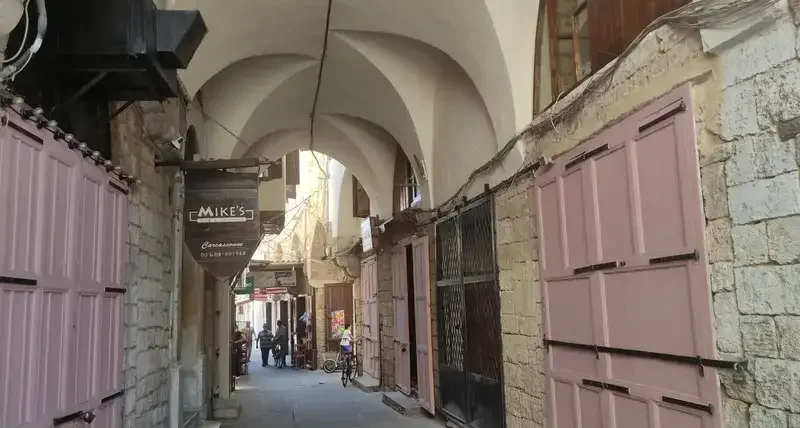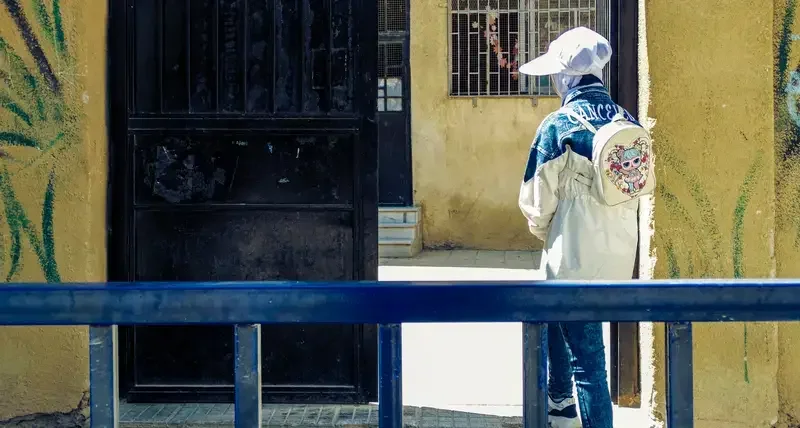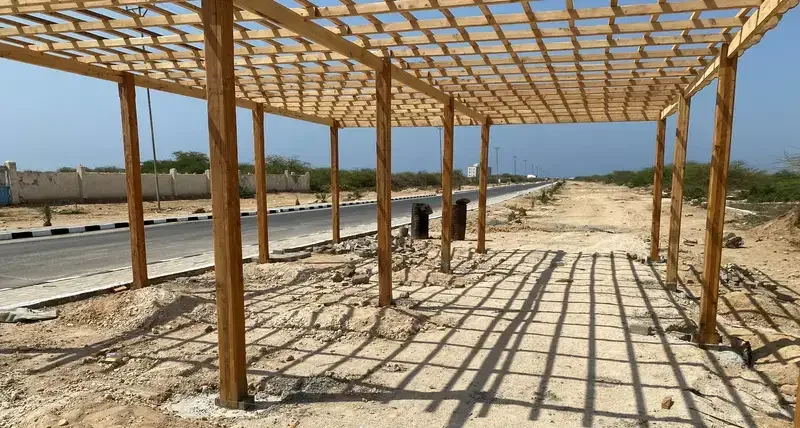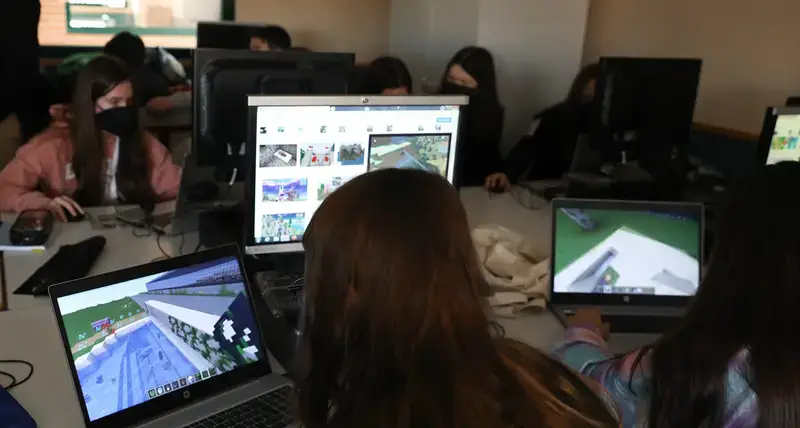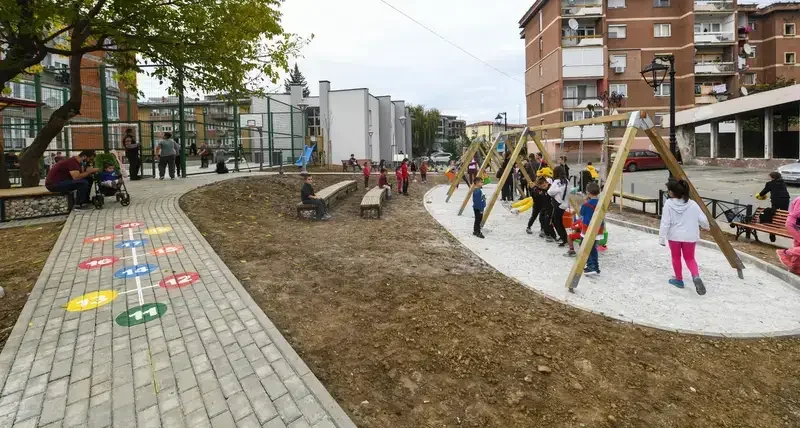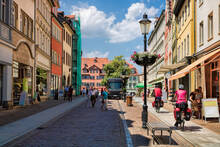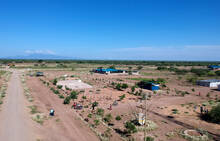The challenge
Public space is a crucial component of sustainable cities and communities: providing ecosystem services, improving health and wellbeing, ensuring social inclusion and economic exchange, and so enrich the quality of life of all urban dwellers, leaving no one behind. In collaboration with partners, UN-Habitat demonstrates how to revitalize public spaces , transform communities and change mind-sets through innovative community-led approaches and scalable catalytic pilots.
UN-Habitat’s research shows that well-functioning cities have around 50% of the surface area dedicated to public space. Unfortunately, few cities around the world meet this target. Lack of quality public spaces reduces urban quality of life, leading to increased crime, social tensions, negative health impacts, and congestion. Public space provides leverage to optimize urban performance – build safer and cohesive communities, reduce spatial inequalities, build local economies and bring nature back to the city.
Learn more about the impact of the Global Public Space Programme and partner with us through the Global Public Space Network.
Impact
Donors and partners
As part of our public space work, we work with a wide range of partners – including local and national governments, civil society academia and the private sector. The UN-Habitat public space network includes more than 800 actors that regularly meet to bring the public agenda forward.
Our public space regeneration projects are usually implemented through a collaboration between UN-Habitat, the local government and a civil society organization, but in some cases also with other UN agencies, gathered in a United Nations public space network.
Join
